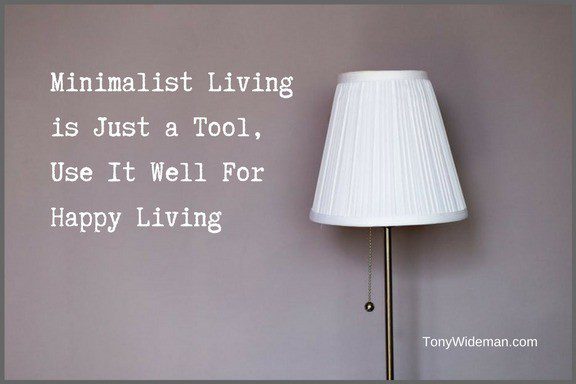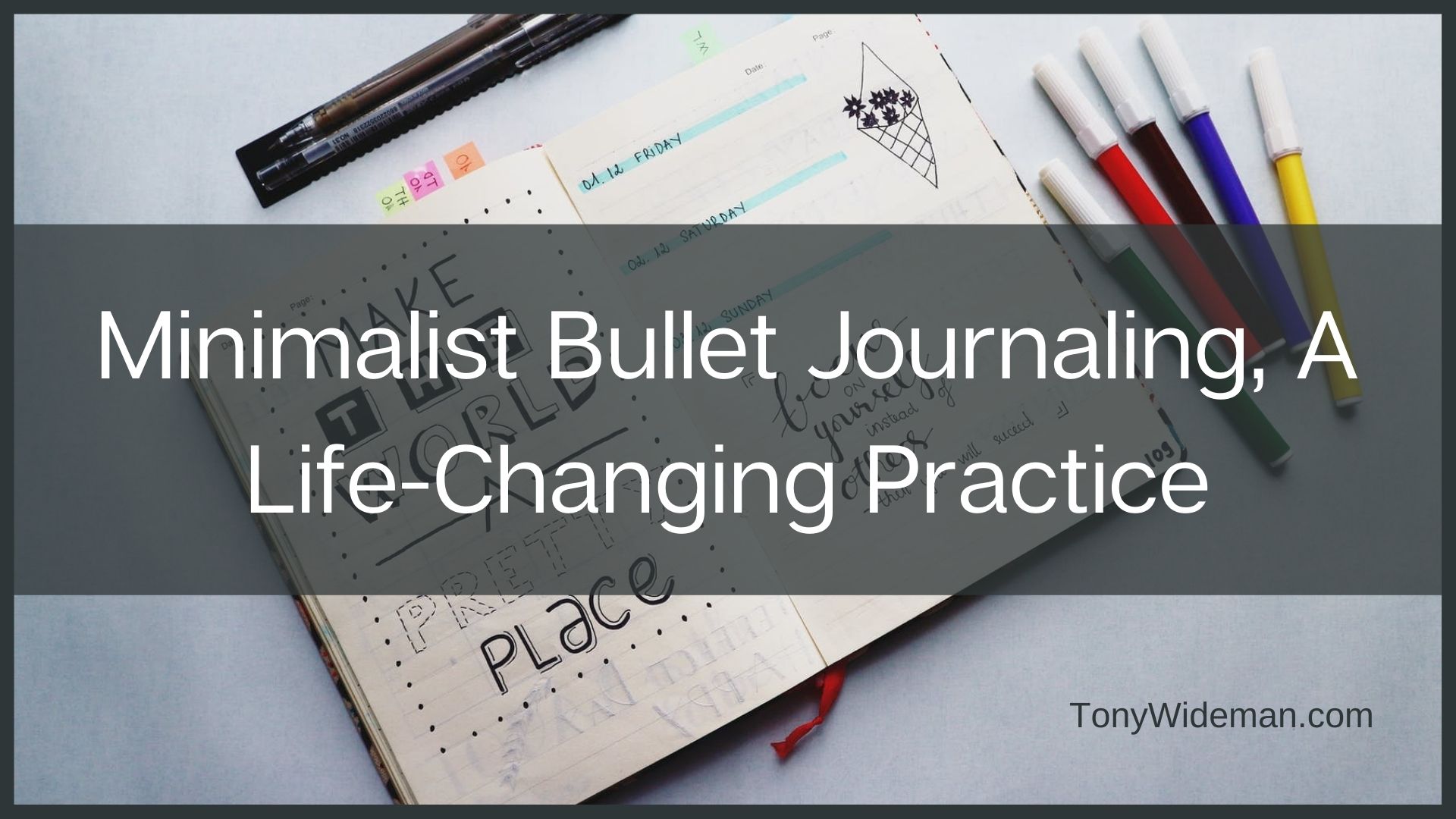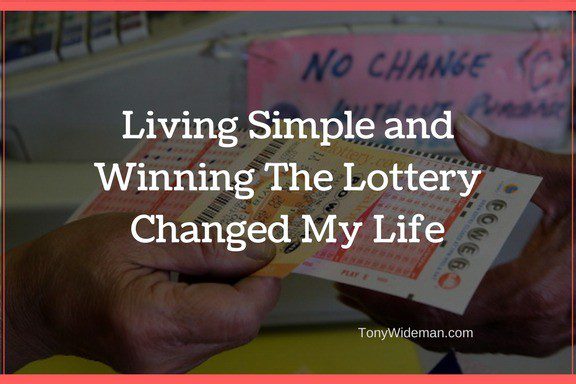Simple Living: How to Declutter Our Minds
Living in a fast-paced world can often lead to a cluttered mind. The constant barrage of information, responsibilities, and distractions can leave us feeling overwhelmed and stressed.
However, by adopting simple living principles, we can declutter our minds and find greater peace and clarity. In this post, we will explore effective strategies to simplify our lives and create a calm mental space. Let’s embark on this journey towards a clutter-free mind.
Understanding the Concept of Simple Living
Simple living is a lifestyle philosophy that encourages individuals to focus on what truly matters and eliminate unnecessary complexity.
It involves reducing material possessions, streamlining daily routines, and embracing a minimalist mindset.
At its core, simple living aims to bring more joy, contentment, and freedom into our lives.
Declutter Our Minds
A cluttered mind can hinder productivity, increase stress levels, and affect overall well-being. By decluttering our minds, we can experience several benefits.
It enhances mental clarity, improves decision-making, boosts creativity, reduces anxiety, and promotes inner peace.
Simplifying our thoughts and focusing on the present moment allows us to live more intentionally and fully.
Eliminating Physical Clutter
Physical clutter in our surroundings often translates into mental clutter. To declutter our minds effectively, we must start by organizing and decluttering our physical spaces.
Begin by identifying items that no longer serve a purpose or bring you joy. Donate or discard these items, and create a system to organize the essentials.
By creating an organized environment, we foster a peaceful, conducive space for mental clarity.
Unplugging from Digital Distractions
In today’s digital age, constant connectivity can overwhelm our minds. To declutter our minds, we need to unplug from digital distractions regularly.
Designate specific times to disconnect from technology, such as turning off notifications or implementing digital-free zones.
Engaging in offline activities, such as reading a book, practicing a hobby,
or spending time in nature, allows us to recharge and regain mental focus.
Practicing Mindfulness and Meditation
Mindfulness and meditation are powerful tools for decluttering the mind. These practices involve focusing on the present moment, observing our thoughts without judgment, and cultivating inner calm.
By incorporating mindfulness exercises and meditation into our daily routine, we can develop a heightened sense of self-awareness, reduce mental chatter, and improve our ability to concentrate.
Prioritizing Essential Tasks
A cluttered mind often stems from feeling overwhelmed by an extensive to-do list. Prioritizing essential tasks helps us regain control and focus.
Start by identifying the most important tasks and breaking them down into manageable steps. By addressing critical tasks first, we alleviate mental burdens and create a sense of accomplishment.
This approach allows us to maintain clarity and productivity throughout the day.
Setting Boundaries and Saying No
Overcommitting ourselves can lead to mental clutter. Learning to set boundaries and say no is crucial for maintaining a decluttered mind.
Assess your priorities, values, and limitations before taking on new responsibilities or obligations.
By respectfully declining requests that do not align with our priorities, we create space for what truly matters and reduce unnecessary stress.
Cultivating Gratitude and Letting Go of Attachments
Gratitude is a powerful practice that shifts our focus from what we lack to what we have. By cultivating gratitude, we train our minds to appreciate the present moment and let go of attachments to material possessions or past regrets.
Regularly expressing gratitude for the simple joys in life promotes a positive mindset and declutters our minds of negative thoughts.
Embracing Minimalism in Everyday Life
Minimalism is a lifestyle choice that emphasizes simplicity and intentional living. By adopting minimalist principles, we can simplify our surroundings, routines, and thought processes.
Evaluate your possessions and let go of items that no longer serve a purpose. Embrace a “less is more” mindset and focus on quality rather than quantity. Minimalism allows us to create space for what truly matters, both physically and mentally.
Nurturing Relationships and Connections
Meaningful relationships play a vital role in our mental well-being. Invest time and energy in nurturing relationships with loved ones, friends, and the community.
Engage in deep conversations, practice active listening, and create opportunities for shared experiences. Cultivating strong connections contributes to emotional support, fulfillment, and a sense of belonging, ultimately leading to a decluttered mind.
Engaging in Physical Activities and Relaxation Techniques
Physical activity and relaxation techniques are essential for maintaining a healthy mind. Regular exercise releases endorphins, reduces stress, and improves overall cognitive function.
Incorporate activities such as yoga, walking, or dancing into your routine to promote mental clarity and well-being. Additionally, relaxation techniques such as deep-breathing exercises or time for self-reflection can help clear the mind and reduce anxiety.
Creating a Calming Environment
Our external environment greatly influences our internal state. Creating a calming environment at home or at work helps clear the mind.
Declutter physical spaces, introduce natural elements, and organize belongings in a visually pleasing way. Incorporate soft lighting, soothing colors, and natural textures to promote relaxation and enhance focus.
Developing a Healthy Sleep Routine
Adequate sleep is crucial for mental clarity and overall well-being. Establish a consistent sleep routine that allows for sufficient rest.
Create a calming bedtime ritual, such as reading a book or taking a warm bath, to signal your body that it’s time to unwind.
Avoid electronic devices before bed to prevent digital clutter in your mind. By prioritizing quality sleep, you enhance cognitive function and ensure a decluttered mind.
Practicing Self-Care and Self-Compassion
Self-care is essential for maintaining a decluttered mind. Make time for activities that nourish your mind, body, and soul.
Engage in hobbies, practice self-reflection, and prioritize relaxation. Additionally, cultivate self-compassion by treating yourself with kindness and understanding.
Accept imperfections and acknowledge that it is normal to have cluttered thoughts at times. Self-care and self-compassion contribute to mental well-being and a clutter-free mind.
Embracing Simplicity as a Lifestyle Choice
Simplicity is a conscious lifestyle choice that fosters a decluttered mind. Embrace the idea of “less is more” and assess every aspect of your life for opportunities to simplify.
Let go of excess, prioritize meaningful experiences, and align your life with your core values. By embracing simplicity, you create space for clarity, joy, and fulfillment.
Conclusion
In a world of constant stimulation and demands, decluttering our minds has become essential to our well-being.
By adopting the principles of simple living, we can create a mental space that fosters peace, clarity, and focus.
By eliminating physical clutter, unplugging from digital distractions, and prioritizing essential tasks, we can gradually declutter our minds and experience the many benefits that come with it.
Remember, the journey towards a clutter-free mind is a continuous process, but with determination and the strategies discussed in this article, you can achieve a simpler, more fulfilling life.
FAQs
1. How long does it take to declutter the mind?
The time it takes to declutter the mind varies from person to person. It is an ongoing process that requires consistent effort and practice. Start by implementing small changes and gradually build upon them over time.
2. Can decluttering the mind reduce stress and anxiety?
Yes, decluttering the mind can significantly reduce stress and anxiety. By simplifying our thoughts and focusing on the present moment, we create a sense of calm and inner peace.
3. Is minimalism necessary for decluttering the mind?
While minimalism is not necessary, it can be a helpful approach for decluttering the mind. Simplifying our physical environment and embracing intentional living can have a positive impact on our mental state.
4. How can mindfulness help in decluttering the mind?
Mindfulness involves being fully present and aware of the current moment. By practicing mindfulness, we can observe our thoughts without judgment and let go of unnecessary mental clutter, leading to increased mental clarity and focus.
5. What are some quick daily practices to declutter the mind?
Quick daily practices to declutter the mind include deep breathing exercises, journaling, practicing gratitude, and engaging in activities that bring you joy and relaxation. These practices help redirect your focus and promote mental clarity.






